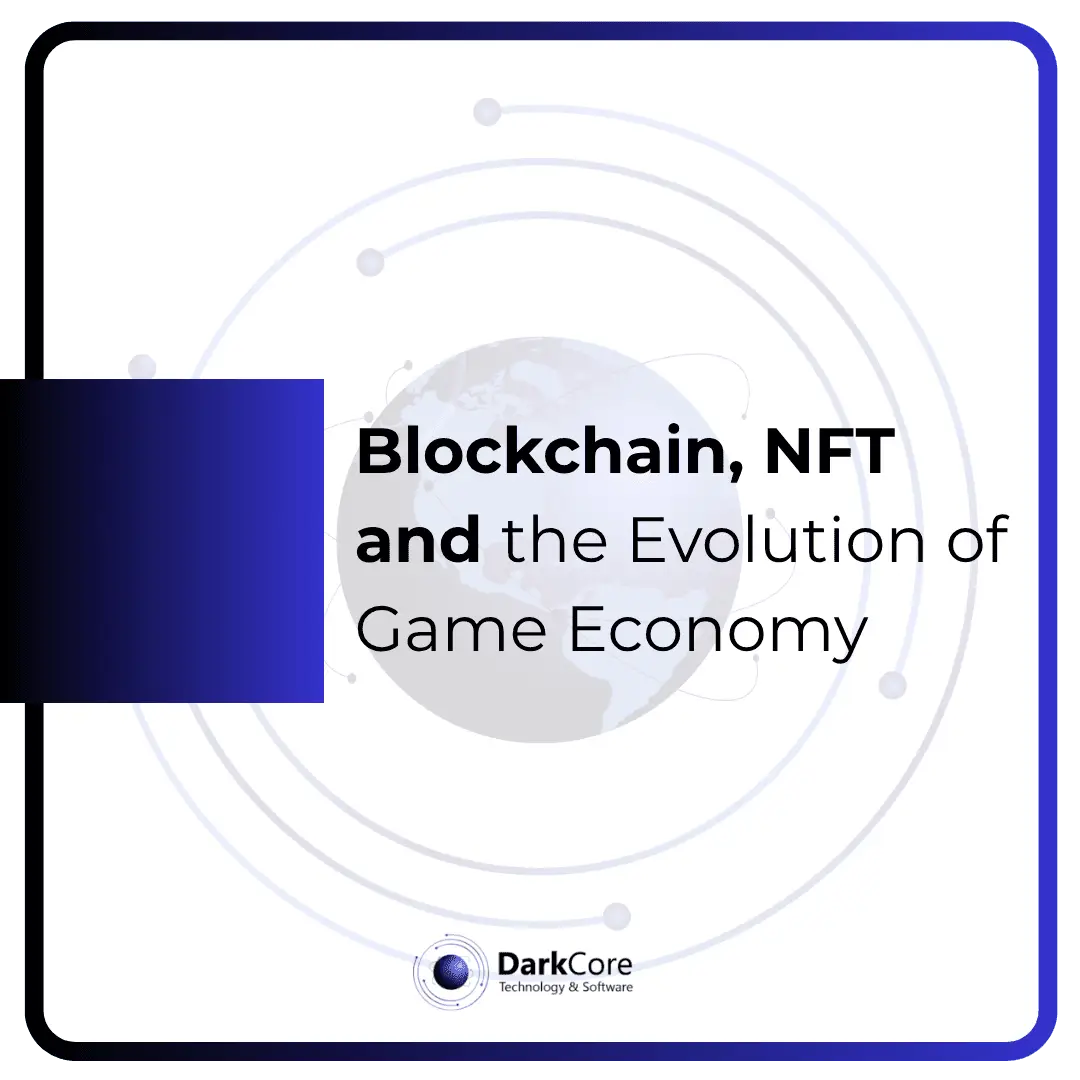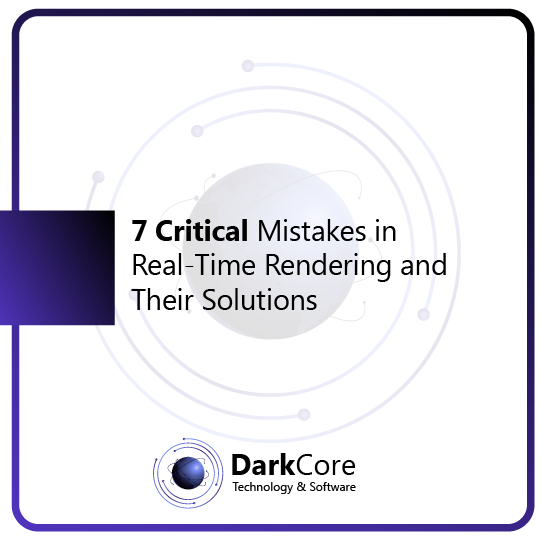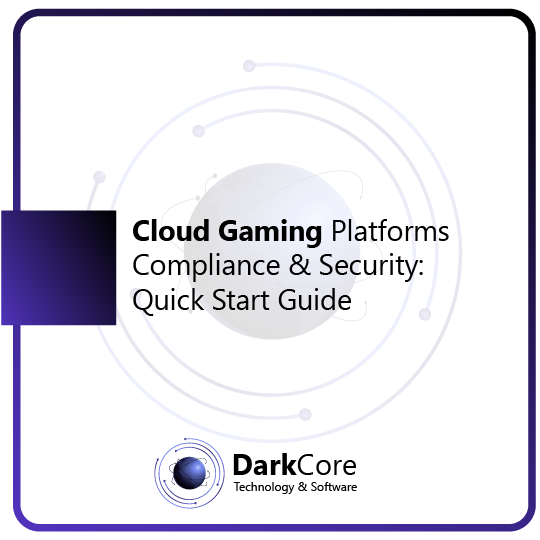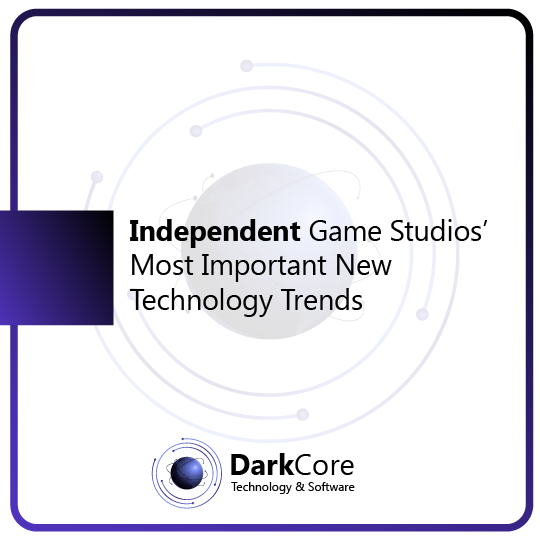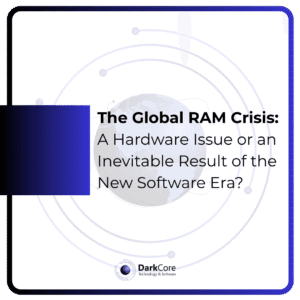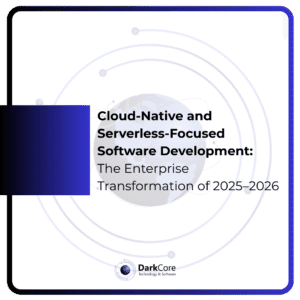The gaming industry has always been at the forefront of technological revolutions. From arcade machines in the 1980s to online multiplayer games in the 2000s, each era brought a major shift. Today, we are facing another turning point: blockchain and NFT-powered game economies.
This transformation does not only redefine how games are played; it also turns games into self-sustaining economic ecosystems. In-game assets are no longer just “lines of code.” They are becoming investment tools, collectibles, and even income sources for millions of players worldwide.
What is Blockchain and Why Does it Matter for Games?
Blockchain is a decentralized ledger technology that stores data in linked blocks, making it transparent and tamper-proof.
In gaming, blockchain brings:
- Transparency: Every transaction is recorded on-chain, preventing fraud or manipulation.
- True ownership: Players actually own the items they earn or purchase. Even if the game shuts down, the asset remains theirs.
- Global economy integration: In-game tokens can be traded on crypto exchanges.
Insight: Blockchain is laying the foundation for trust-driven economies in gaming. In the near future, games will not only entertain but also operate as financial ecosystems.
NFTs Explained: Unique Digital Assets in Games
NFT (Non-Fungible Token) represents unique digital items that cannot be duplicated or replaced.
In gaming, NFTs enable:
- Unique characters/skins: Every player can have a distinct digital identity.
- Collectible value: Rare NFTs appreciate like real-world collectibles.
- Cross-game portability: An NFT earned in one game can be used in another.
Insight: NFTs shift the balance of power from developers to players, creating player-driven economies. This changes the entire business model of gaming.
The Evolution of Game Economy: From “Play and Finish” to “Play-to-Earn”
Traditional game economies were simple: buy the game, maybe purchase DLCs, and stop there. Today, the picture is far more complex:
- Play-to-Earn models: Players can generate income simply by playing.
- DAO-driven game communities: Token holders can influence game development and governance.
- Real-world integration: Game tokens can be traded like cryptocurrencies on global markets.
Insight: The game economy has shifted from spending money to earning and investing, turning players into stakeholders rather than just consumers.
Why Custom Software is Critical
Off-the-shelf engines (Unity, Unreal, etc.) provide some blockchain tools, but they are limited.
Custom software solutions enable:
- Smart contracts: Guarantee ownership and secure asset transfers.
- Multi-chain integration: Use Ethereum, Polygon, Solana, and more within the same ecosystem.
- Scalability: Handle millions of simultaneous transactions without breaking performance.
Insight: For studios aiming at the global stage, custom blockchain integrations are no longer optional—they are essential.
Global Success Stories
- Axie Infinity: Popularized the Play-to-Earn model, with players in countries like the Philippines using it as a real income source.
- The Sandbox & Decentraland: Metaverse platforms where land is sold as NFTs, creating digital real estate markets.
- Ubisoft Quartz: A major AAA studio investing in NFT-based assets, signaling that big publishers are embracing Web3 gaming.
Insight: These examples show that blockchain in gaming is not just a passing trend—it is shaping up to be the new industry standard.
Looking Ahead: The Future of Game Economies
- Metaverse integration: Blockchain-powered games will merge into metaverse platforms, creating global digital economies.
- Cross-game asset use: NFTs will move seamlessly across different titles.
- Corporate partnerships: Studios will collaborate with financial institutions to merge game economies with real-world finance.
- AI integration: Artificial intelligence will optimize pricing, market regulation, and fraud prevention in blockchain-based economies.
Insight: The future of gaming lies in fully integrated economic systems with their own marketplaces, governance models, and global impact.
Conclusion
Blockchain and NFTs are transforming games into economic ecosystems where players are not just consumers, but also owners, investors, and creators.
Darkcore supports this transformation by delivering custom blockchain solutions, secure NFT integrations, and scalable infrastructures, empowering studios to thrive in the global market.
The winners of tomorrow’s gaming industry will be those who embrace these technologies today.

